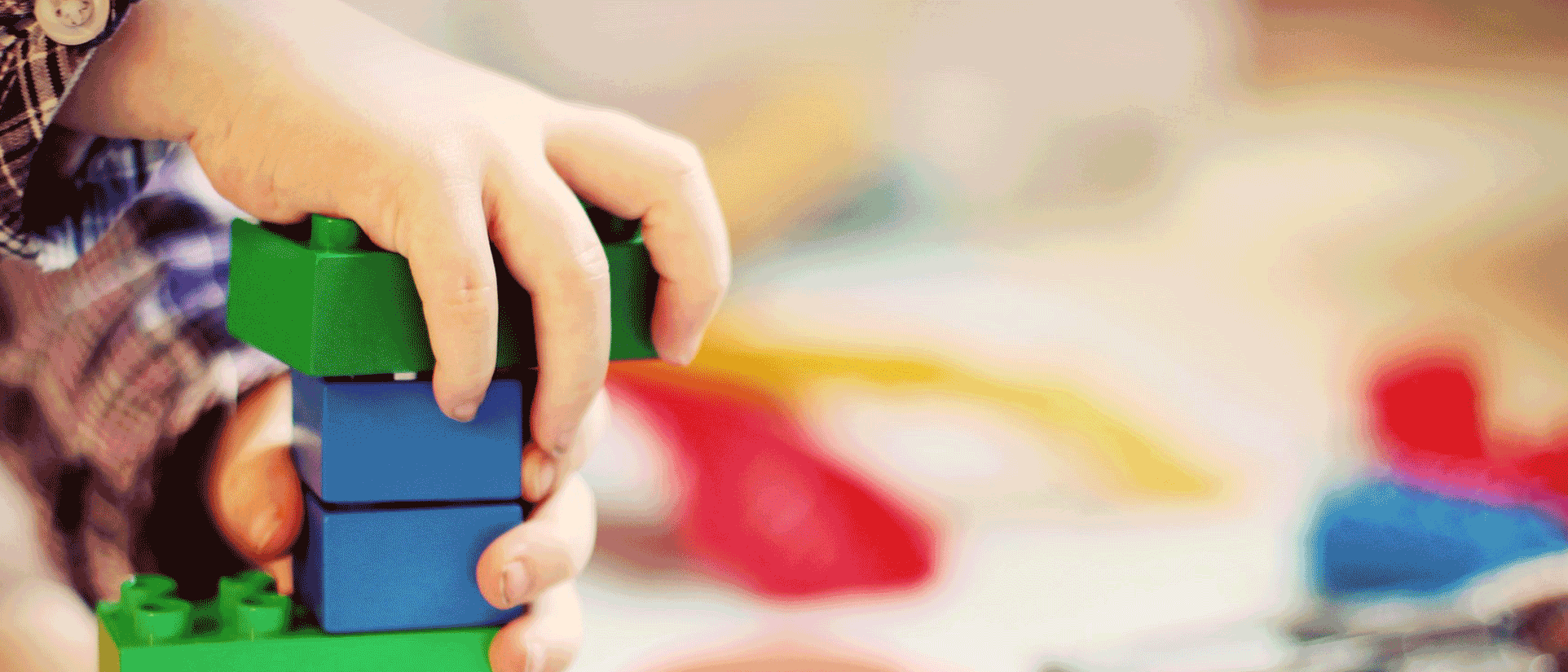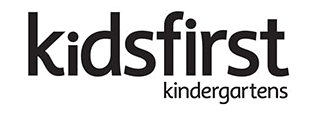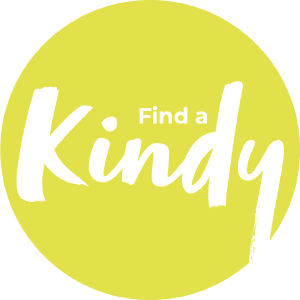
Growing good people
As parents we all have aspirations for our tamariki, and while some of them are about what we hope they'll achieve in life, many others relate to the sort of person we'd like them to be.
Values like kindness, consideration for others, empathy, and many more make relationships easier and the world a better place to live in. They’re also increasingly valued in the workplace, as the ‘hard skills’ of the past become obsolete or get automated out of the workforce.
This Forbes magazine story talks about the top 10 skills that will be needed for the future of work - and it seems that the more technological skills that the world develops, the more human qualities we all need to grow, too.
In many ways, it’s like society is catching up with kindergarten, where emotional intelligence, problem solving, flexibility, developing the ability to learn, getting along with others, respect for diversity and creativity have always been valued over learning specific pieces of knowledge or skills.
Kidsfirst Woolley Street teacher, Sarah Scrase, is a strong advocate for helping tamariki grow creatively, to be ready for the future.
“We know creativity is a much needed skill and a much needed skill for the future - to be able to think flexibly, problem solve, use trial and error, to be able to have an idea in your mind, put it down on paper, do a painting, make a model...it’s a form of self expression, and it’s increasingly known that the skill of creativity is what we’re going to need in our rapidly changing world.”
Many future focused skills involve getting on with others to get things done. That takes consideration and patience, the ability to collaborate, embracing diversity, the art of negotiation, and more.
These are big concepts for tamariki to grasp - so bringing it down to their level is important.
Like many Kidsfirst services, the Kidsfirst Hoon Hay team talk about ‘friendly hands, friendly words, and friendly feet’ as part of their Manaakitanga programme. It’s a way to bring the idea to life in a relatable way.
“We teach children that we use hands to be kind. We don’t tell them what not to do, we tell them what to do,” says Head Teacher, Zdenka Reading.
“We say that ‘hands can be kind’ and we show each other how to be kind. For example, ‘kind hands help someone open their lunchbox’, ‘kind hands pass someone a tissue when they need it’ or ‘kind hands help someone to pick it up’. And we take pictures of kind behaviour and we display it on our Kind Hand board, then children can actually identify the behaviour and they can talk about it. We talk about it during our mat time and we show each other how, if you give your friend a little massage or if you shake hands or give a high five, those are good ways to use hands.”
It’s not just teachers who role model kindness at kindy - Kidsfirst is full of stories about whānau, local businesses and community members who give significant time, money and energy to their kindergarten, and it rubs off on tamariki.
“We recently had a group of parents who came in their own time, and brought their children as well. They helped with some winter pruning and tidying up the garden, taking away rubbish – that kind of thing,” Zdenka says.
“That teaches children that their parents are also involved and that it's not just for teachers to be teaching, but it’s also parents who are making a contribution to this community and to this kindergarten. We have parents who take washing, and parents who help us with tidying and parents who help with some planting - there are so many examples.”
Kidsfirst is privileged to have the support of many individuals in the community who continue to give of their time long after their tamariki have moved on. Two of these, Lorraine Brydon and Don Pidhirny, were this year recognised at the Kidsfirst #betterbecause Values Awards.
Empathy is another attribute that many whānau would like to see grow in their tamariki, and one that is on the list of must-have future skills.
Kidsfirst McKenzie Head Teacher Jane Hughey says role modelling is an important way to introduce and keep the idea of empathy alive for young tamariki, but it’s also vital to make things very clear.
“You need to demonstrate it yourself, for starters, and then create an environment where responses are empathetic and when someone’s been hurt or wronged by somebody else, it’s about how you deal with it. So we demonstrate and role model the right way of going about it and showing some understanding that there are consequences of their actions and not just taking that approach of ‘say you’re sorry’, which is no help if you’re not sorry or you don’t even know what sorry means or it’s a word that gets you off the hook. So we’ll say ‘look what’s happened. This is a place where we don’t hurt people.’ That’s a core part of our conversation at kindergarten.”
At Kidsfirst Vickery Street, the concept of whanaungatanga (connection and community) underpins everything.
“Tamariki learn through their relationships and everyday interactions with other people,” teacher Julia Saunders says. “We’re very big on Social Justice and inclusion here. We promote Manaakitanga at all times - kindness is very important, so that all of our tamariki feel that this is their place. It’s very important to feel that you belong.”
At Kidsfirst Isleworth, the team are on the lookout for values-based behaviour all the time - but they recognise that many of the more challenging behaviours that preschoolers show just go with the territory.
“Sometimes tamariki do get in each other's way, and that’s just a part of learning.” says teacher, Justine Fogarty.
“It’s not necessarily that they want to be doing that, it’s that at that age, they’re so egocentric, they just want it ‘now’ and they can’t wait or be patient the way older children can. Sometimes we’ll need to find something else they’re interested in and then help them negotiate with their friends about having a turn next.”
So what can you do to bring more of the feel-good stuff into you and your preschooler’s day? We asked our kaiako for their top tips, and here’s what they told us:
- Keep it simple - bring it down to language that tamariki can understand and that you can communicate easily
- Look for behaviours you can encourage, every day
- Make the desired behaviour concrete - don’t just talk about ‘respect’, for example - add some examples of what it looks like to respect somebody (the Kind Hands model is a great starting point)
- Recognising the positive behaviour is fundamental
- Role model the values you are looking to foster in your tamariki and make sure you acknowledge it when they are displaying it, too
- Use words to point out behaviours and attitudes so they can identify values for themselves over time
- Be patient - tamariki learn by trying things out again and again until it sticks, and these are complex and abstract concepts for young children to grasp
JOIN OUR WHĀNAU
You might be interested in...





